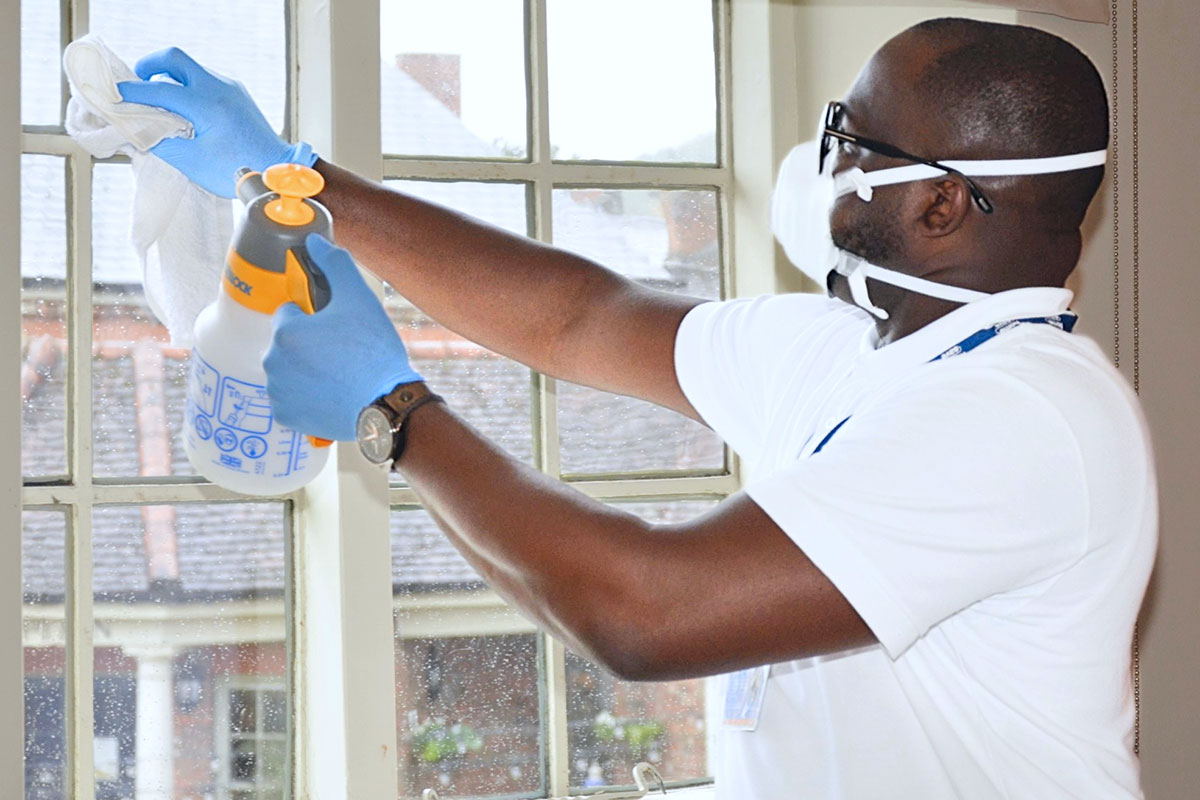Home-grown talent
Mike Turner, executive director at Ian Williams, explains why nurturing in-house skills is a must
Article written by:

A sustainable commitment to attracting, retaining, training and developing the best talent lies at the heart of every healthy business and economy. Government and many in the construction sector believe we’re on track to achieve this. Others, including ourselves, disagree. This harsh reality was highlighted in the Farmer Review which made uncomfortable reading, focusing on shortcomings in our sector’s “ailing” labour model.
According to the latest research from the Federation of Master Builders, the UK construction worker shortage has hit its worst level on record. This skills gap is driving up wages and squeezing businesses already battling higher material costs, which could potentially thwart government’s plans to build more homes.
Looking ahead, author Mark Farmer predicts the construction labour force will decline by 20-25% in the next decade, a culmination of a record low level of new entrants and the need to replace 700,000 retiring workers. Add to this one of the lowest productivity levels in Europe, the effect of Brexit and the ensuing downturn in migrant labour, and the very real skills shortages bomb starts ticking.
The optimists or entrenched deniers say we’re addressing the issue with apprenticeships – after all, the apprenticeship levy is doing a job and government has committed to create three million apprenticeships by 2020. It all sounds good in principle but, again, the actual reality is different.
The number of people starting apprenticeships in Britain has plunged 61% year-on-year since the levy was introduced. In 2017, only 21,000 new apprentices entered roles in construction and the built environment. This equates to less than 1% of that workforce.
One of the main reasons for this is low contractor margins, which directly result in a lack of available investment in training for new entrants looking for apprenticeships or ‘on-the-job’ school leaver training schemes.
The practice of not having directly employed tradespeople on the payroll has led to a skills’ vacuum in organisations. Entire generations of in-house skills are being lost and the core outputs of their businesses – delivering plumbing, plastering, electrics, painting, bricklaying and carpentry – are no longer within their control.
With a culture centred on a commitment to direct delivery, Ian Williams has always recognised that recruitment and development of talent is fundamental to our future success. We also believe that – as a sector – it’s our responsibility to play a role in addressing the industry talent shortage. It is achievable, whether through meaningful apprenticeship targets; in-house academy schemes that ensure strong talent pools with appropriate skills, expertise and ethos; or long-
term succession planning. The means are there, but it requires investment, collaboration and, most importantly, commitment from government and forward-thinking businesses.
Nurturing in-house skills and keeping control in house is not a ‘nice-to-have’ – it’s a commercial imperative for our businesses and our industry as a whole.
I challenge service providers, clients and the government to subject themselves to honest appraisal and corrective action that will lead us all in the direction of a healthier, vibrant and attractive industry to be part of, driven by experienced and empowered people who have the right skills for the job, both now and in the future.








